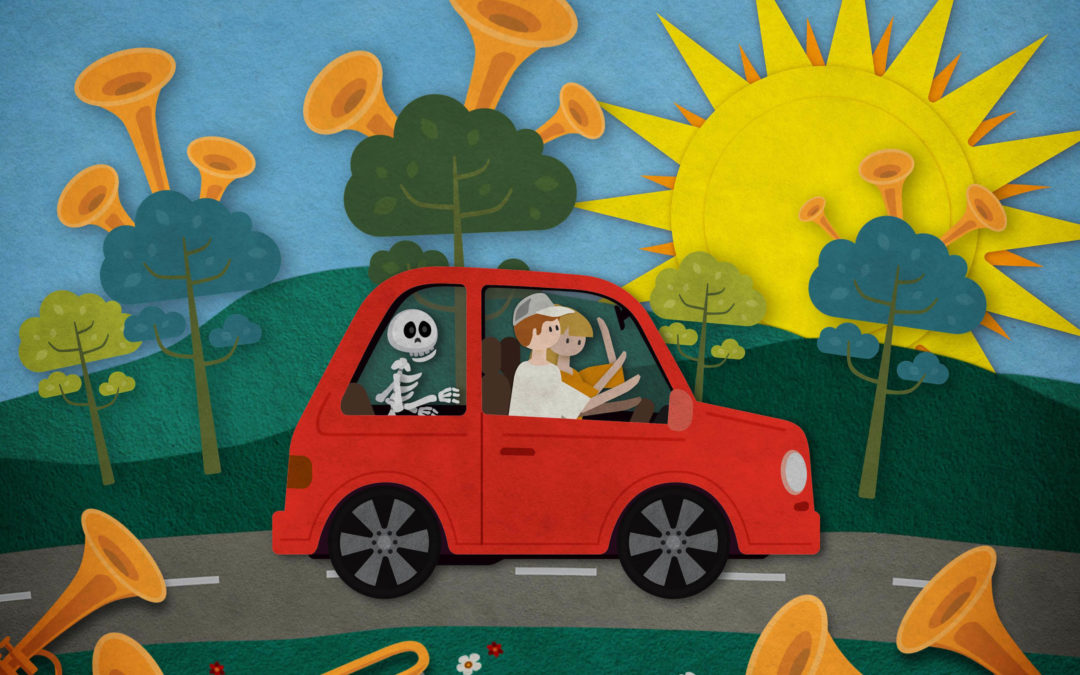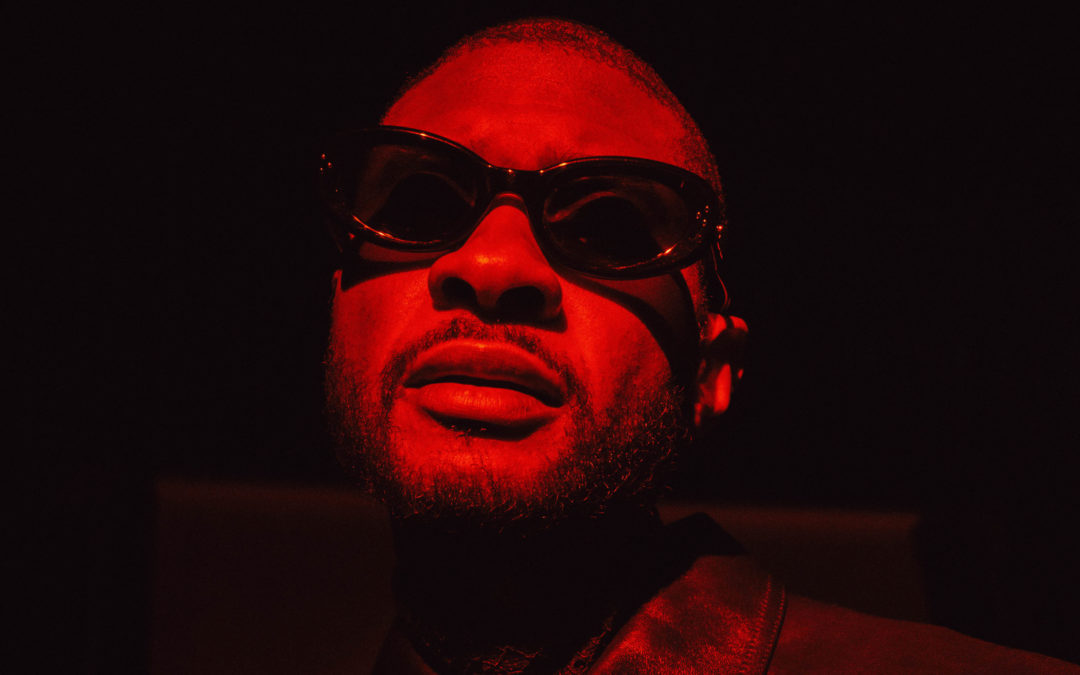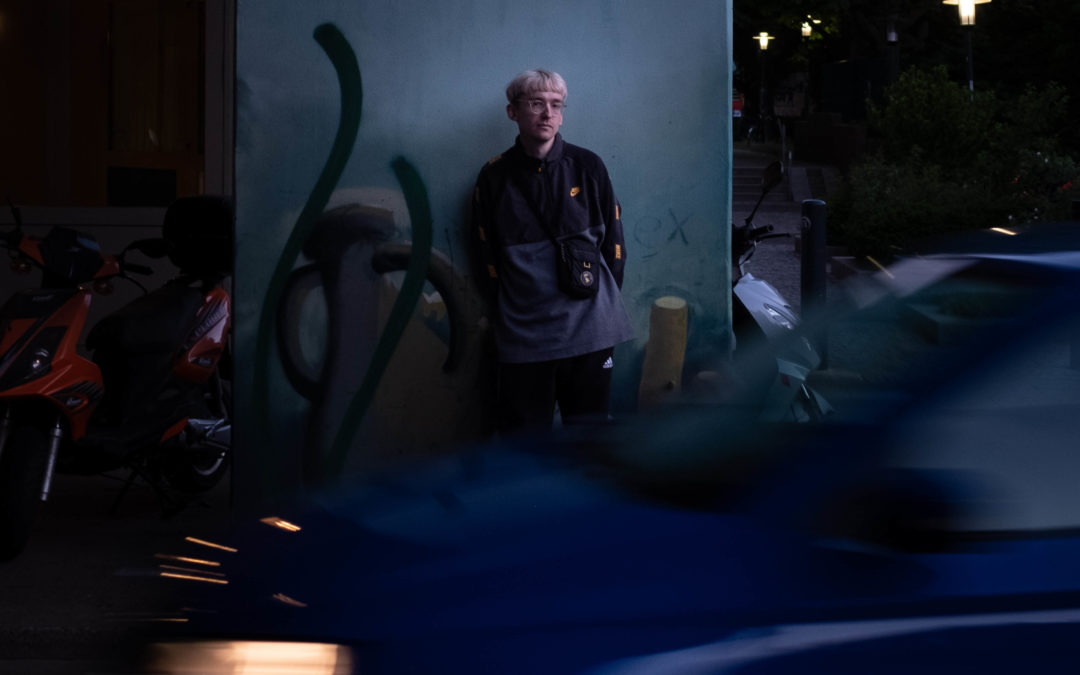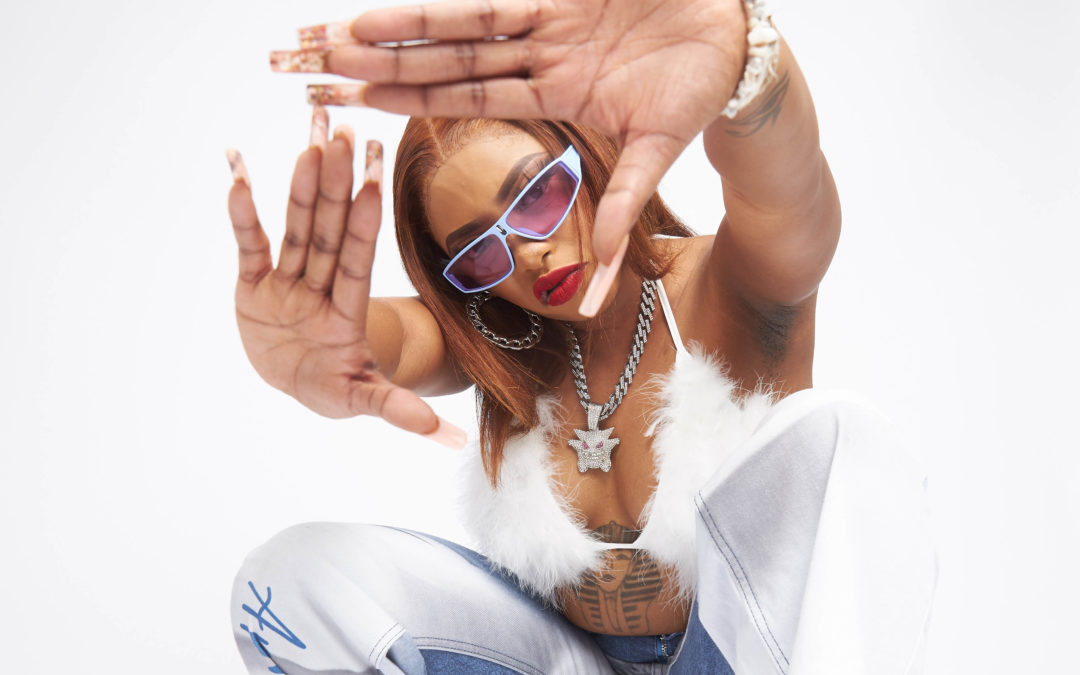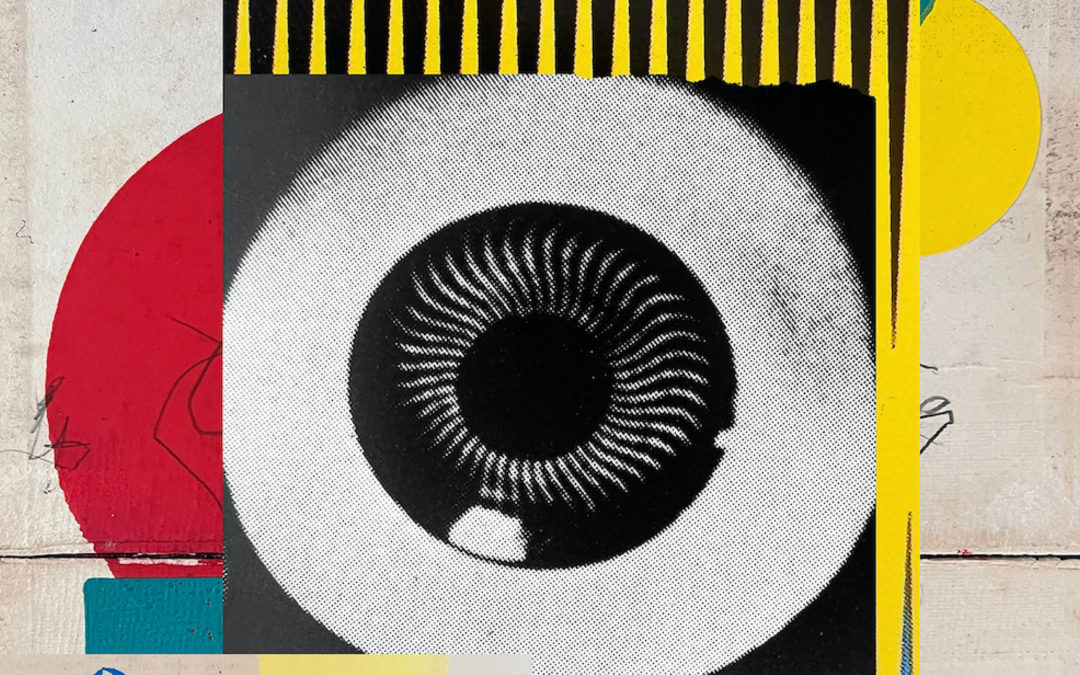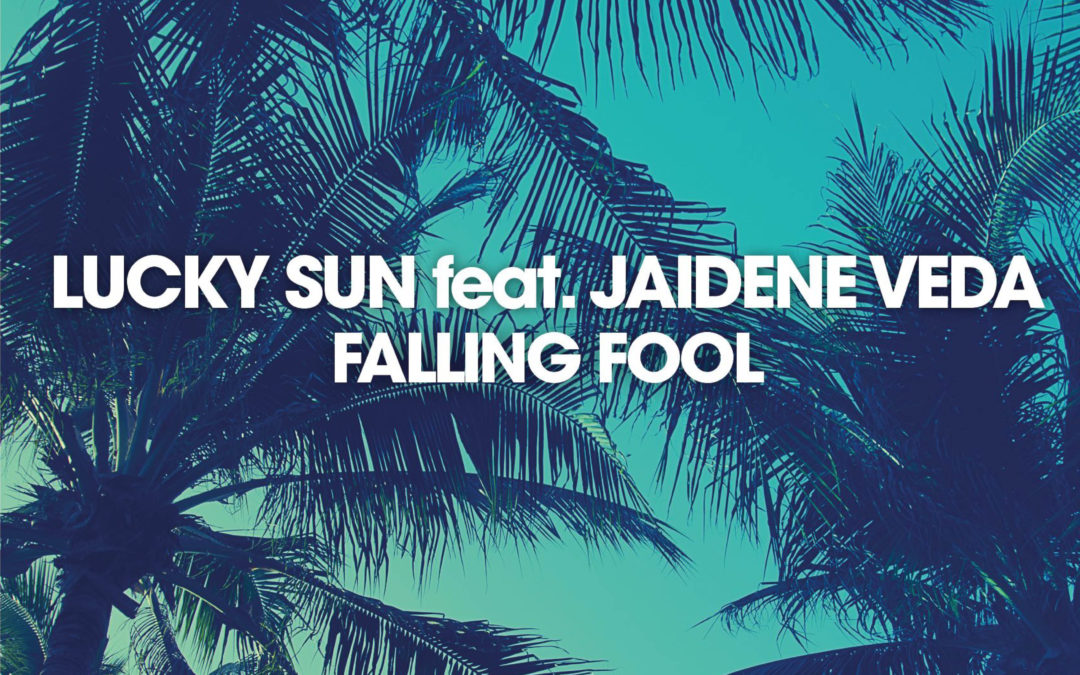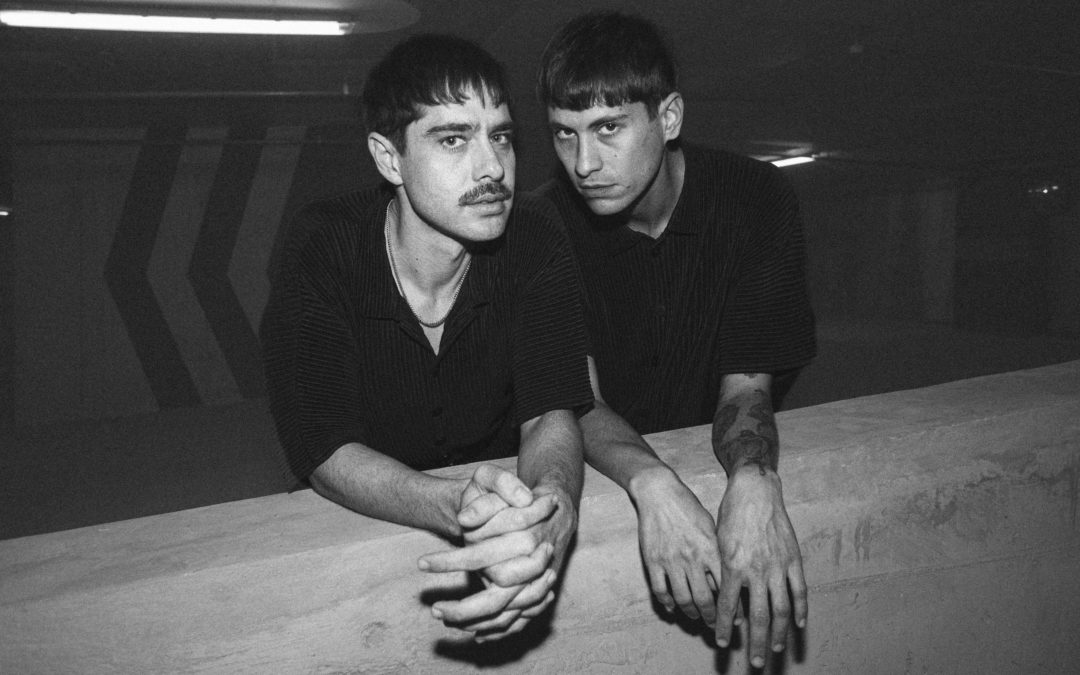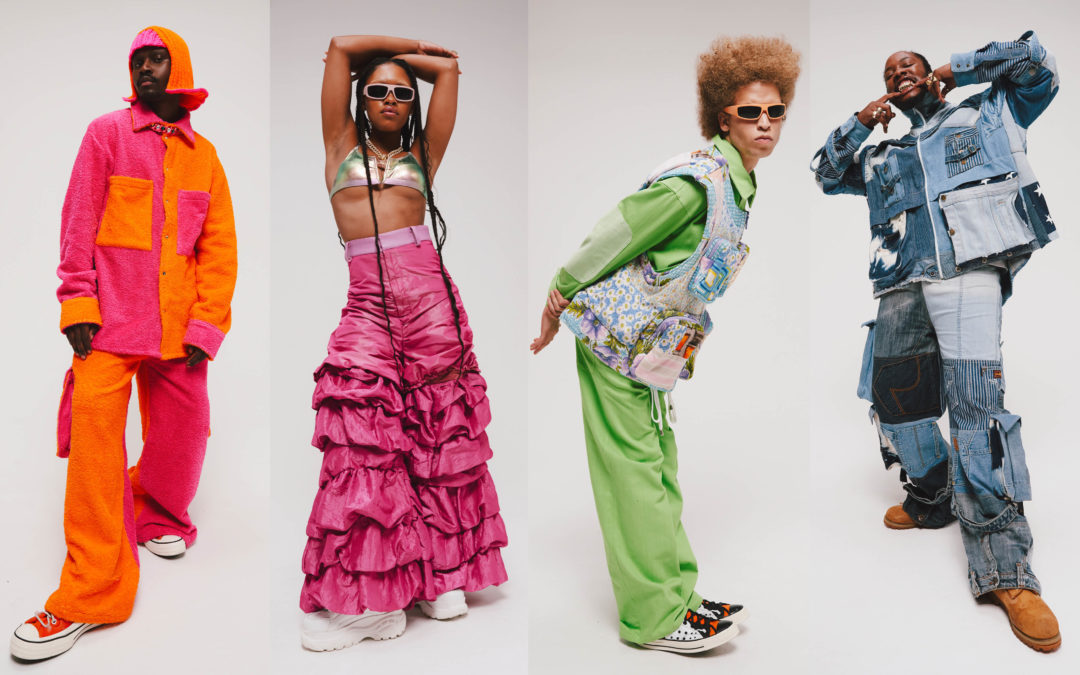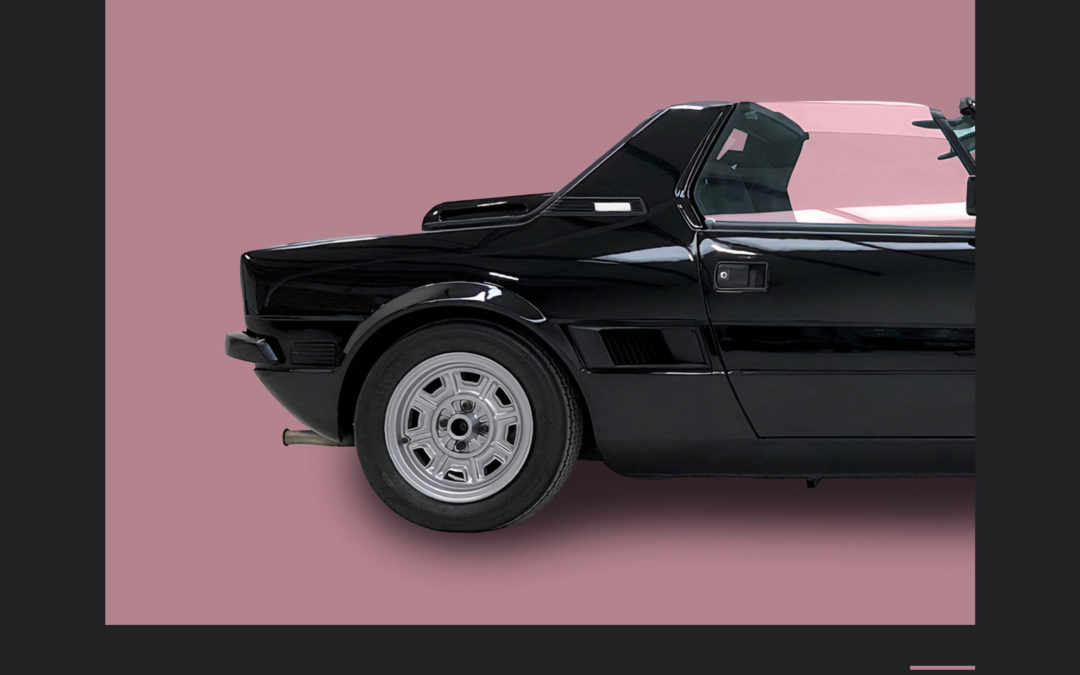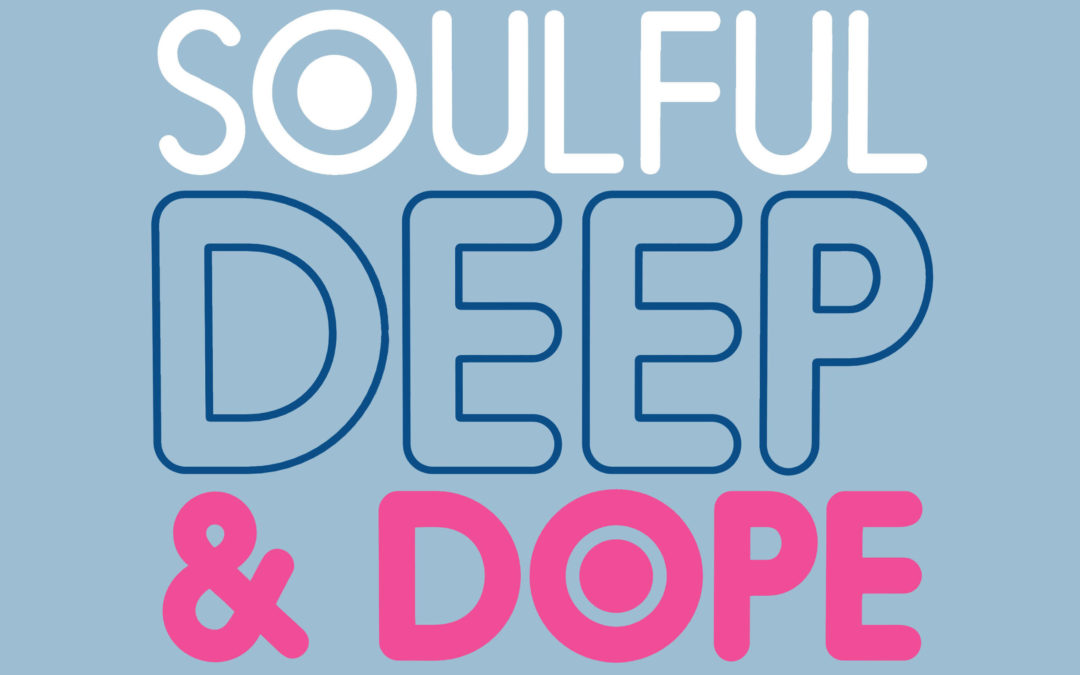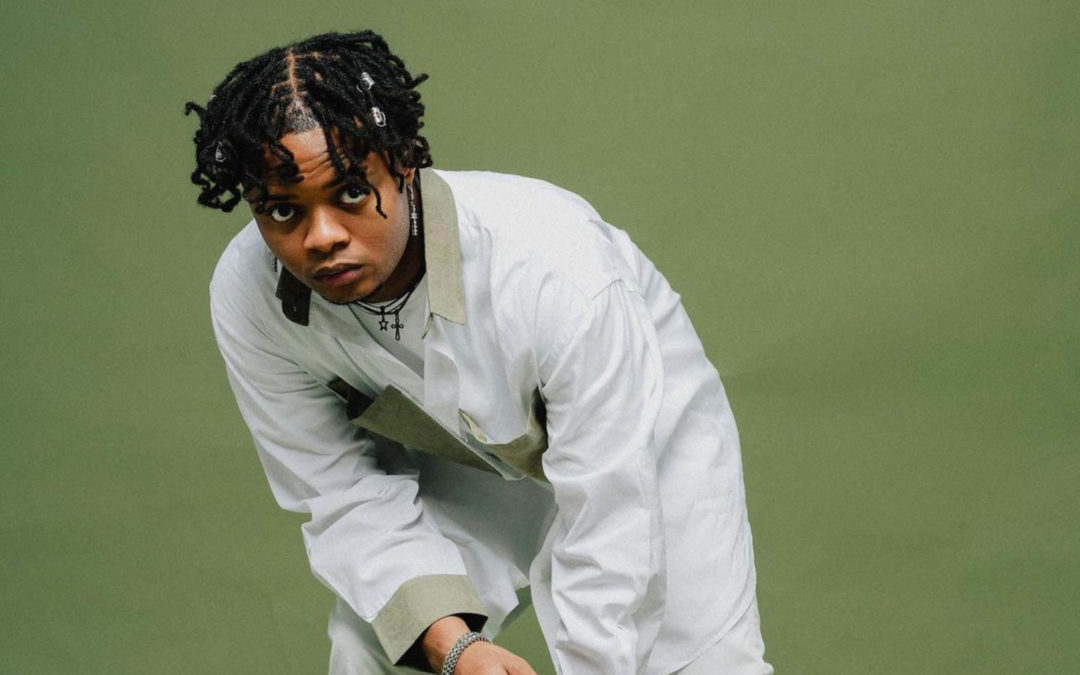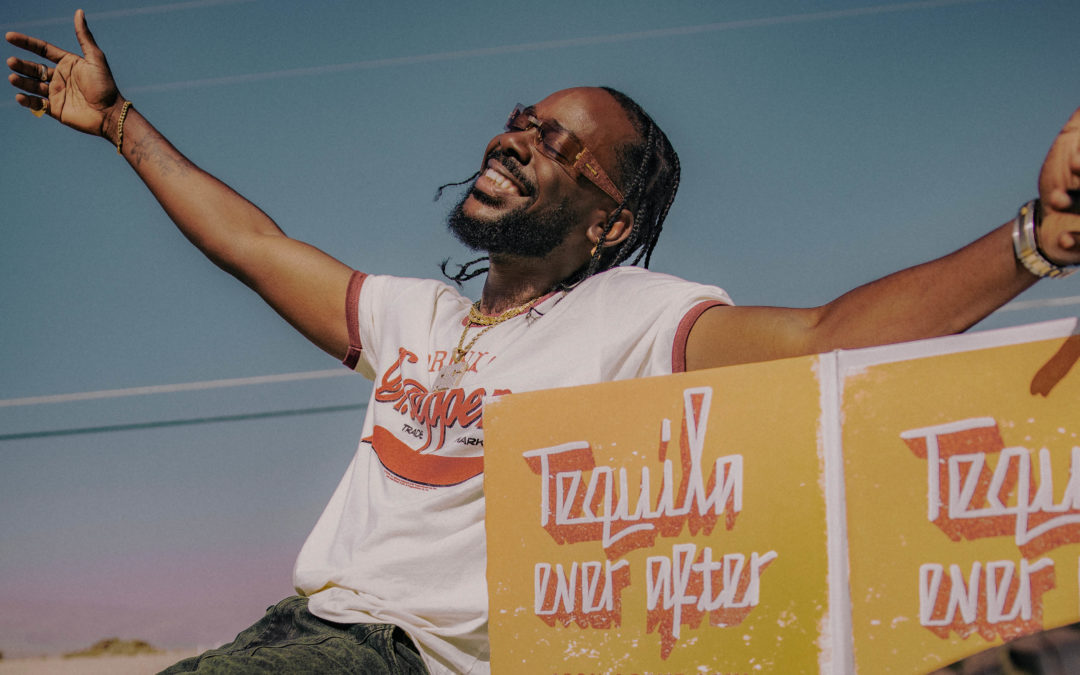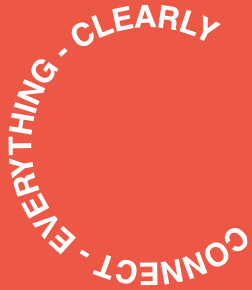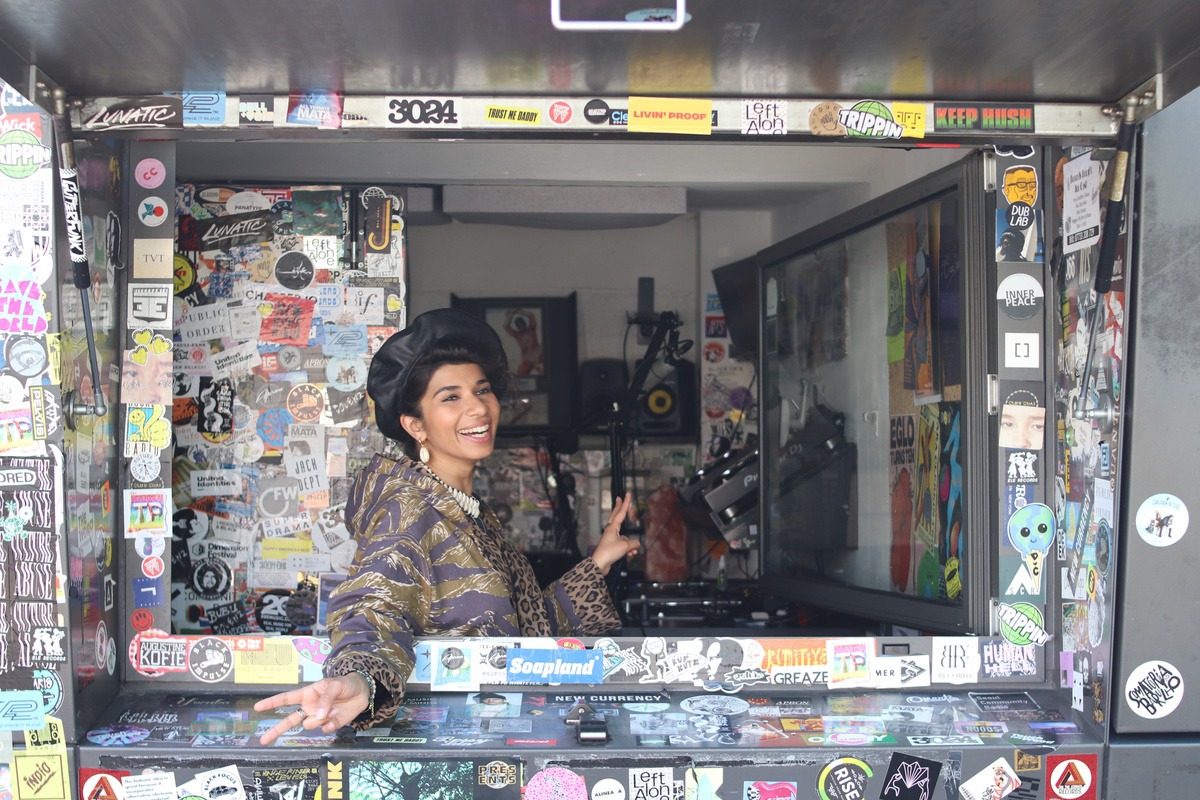
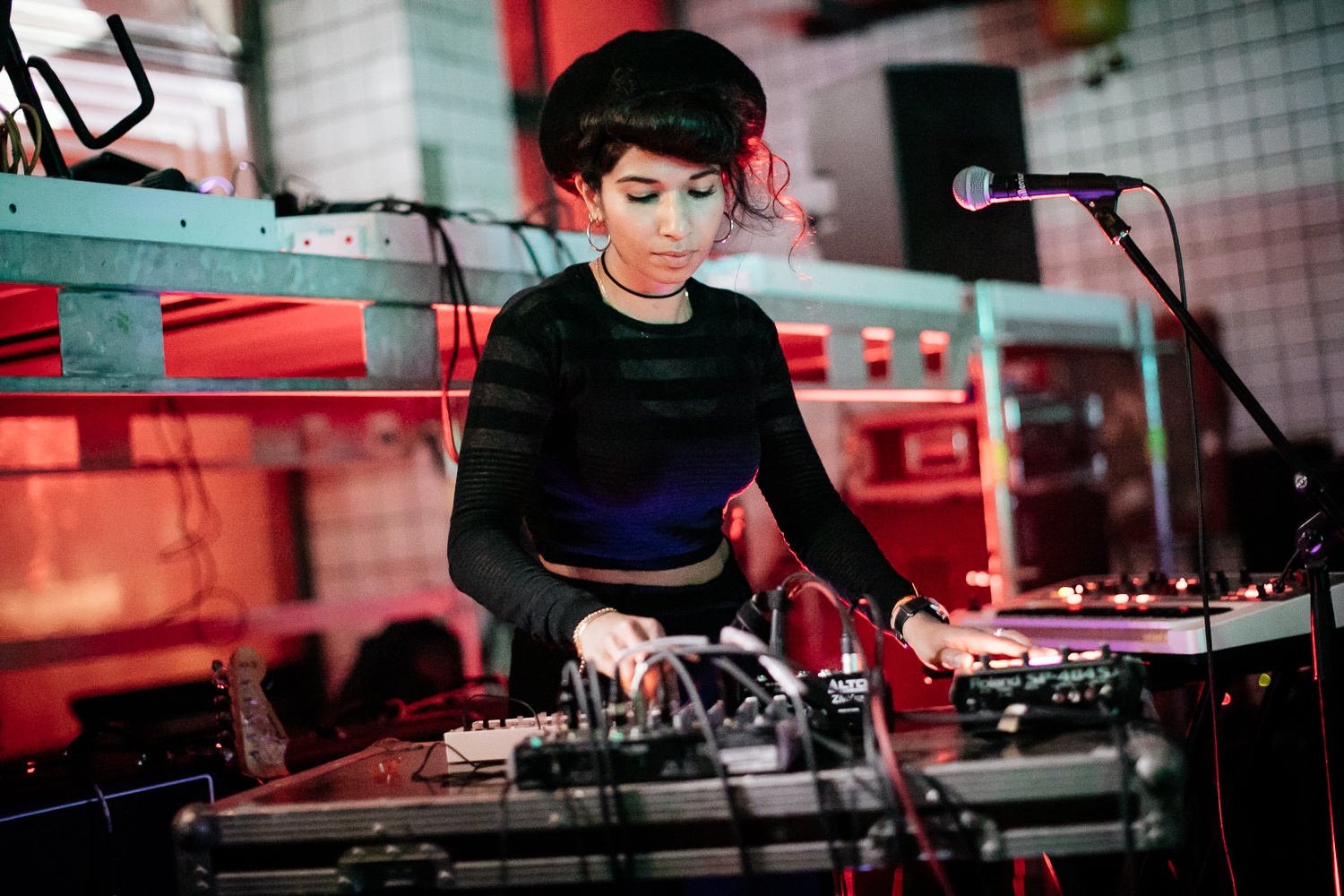
When Nabihah’s husband, designer Nicholas Daley, debuted at London Fashion Week for SS18; Nabihah performed her undergraduate performance instrument, the sitar alongside Karanjee Gaba; they performed the Raga Yaman, which you can listen to here. A strikingly complex instrument; Nabihah says of the sitar, “I had always wanted to play the sitar, and when I got to university – I finally got the chance to learn. I thought it would be a relatively easy transition, because I already played the guitar, but actually it’s so different and much, much harder. It requires a lot of physical and stamina and focus. Growing up playing other instruments, you can get away with playing things in quite a relaxed manner – with the sitar, before you start playing – you have to have your body in a very specific position. Mentally, it brings you into a whole different space. Learning about that whole tradition of music that exists across Pakistan and North India is just such a different approach to how I was used to learning music. It is an oral tradition, there is no notation, so you have to learn things by heart and just from listening and feeling; I think it’s actually much more of a profound way of interacting with music. I’ve actually for the first time ever included sitar in my own music with this new album, and that feels good.” Nabihah notes that including sitar in her new album forms part of an ongoing experience of her own identity; “Even using my real name now (Nabihah was formerly known as Throwing Shade), and to incorporate instruments from my own Pakistani heritage, yeah – its that thing of constantly experiencing your identity, who you are, the elements that you find that want to put into your art, so I feel really happy about it.”
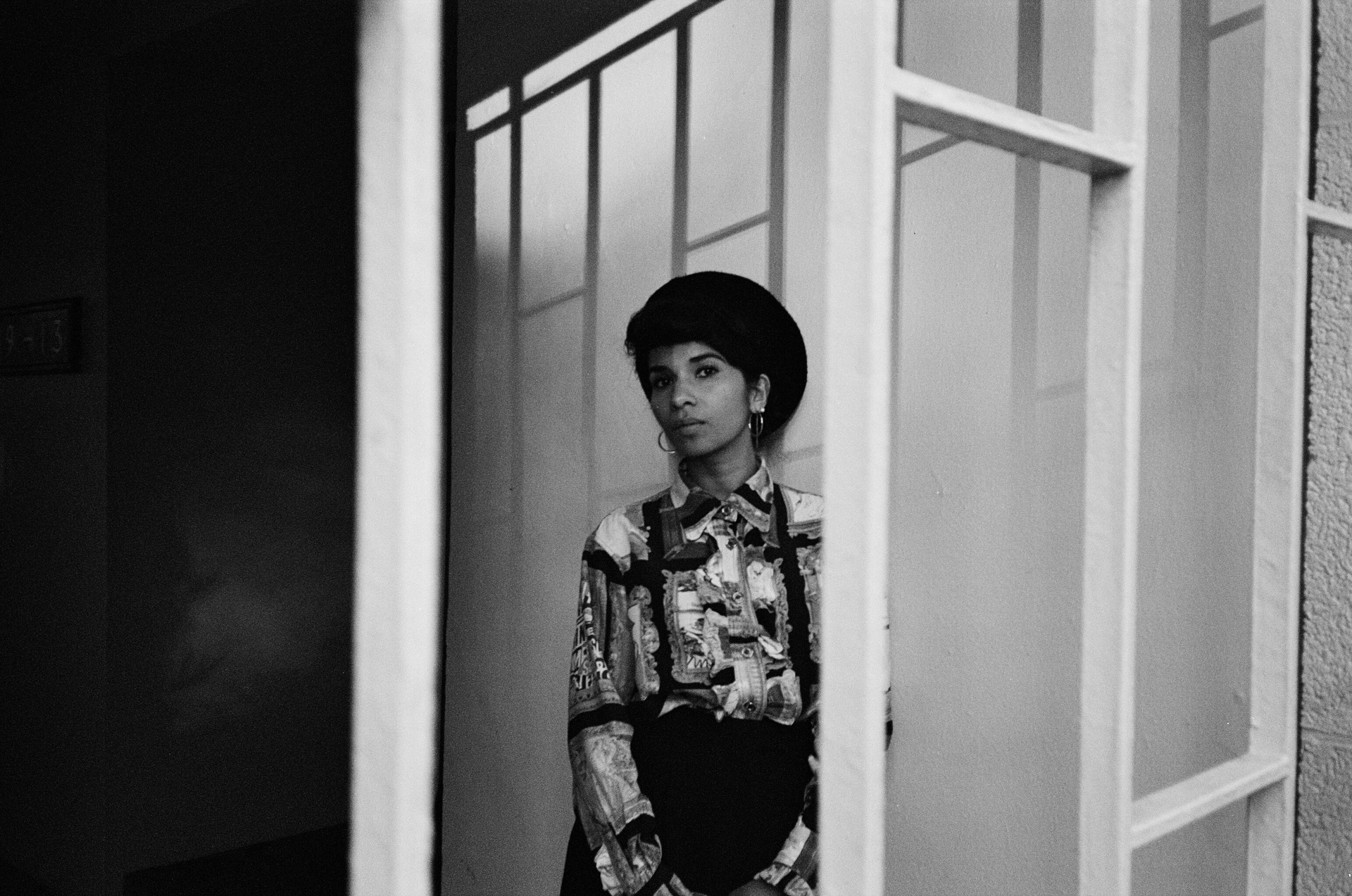
In a sort of obvious, slightly cliché way, I ask Nabihah what music is to her – what has made her dedicate her artistic vision to this art form, albeit in so many ways? On this, Nabihah responds, “Well, music has always just been my favourite thing since I was a baby. I was obsessed with Michael Jackson, and I think music really is the most spiritual art form; it’s way bigger than anyone can ever understand, because when you’re at a festival and thousands of people are there to watch one band, there is some strange, surreal power behind that. Music makes me feel things that I don’t get from anything else and I don’t want that is, or how to explain it, and as a musician I am always thinking about why I make music, what’s the point of it? Everyone is on that quest, there’s something really special that we can’t articulate, but we try.” While I am not musically inclined, music exists to me in an entirely different dimension than anything else; I can be struck by a piece of art, but the intangible feeling that a song can evoke, stirring solely in my own subjective memory and experience is quite inexplicable and that this happens every minute, of every day – all across the planet – yes, Nabihah is right, I think. Music is the most spiritual art-form and force.
Nabihah is currently celebrating finishing a four-year long album; a body of work that has required her to dig deeper than ever before, “This one has been a lot harder – the biggest, hardest thing I’ve ever had to work on. Finishing it just felt very emotional because there were so many moments where I thought I would never finish it all. One of the main obstacles was getting my studio burgled in 2020 – I didn’t have my work backed-up, so I lost two years of work and then I basically had to start from scratch again. Then I broke my hand, and then my ankle; there were so many things after the other. Normally I feel like I’m quite a resilient person, I can just get on with things, and it’s hard to be creative when you don’t feel good in your head or body. I eventually had to leave London and go to the countryside; I felt like I would focus better, living in the heart of London, the distractions are endless and so much going on. I went to Scotland, and then to Suffolk and I was totally alone. I logged out of my socials. This album is a lot more introspective, and everything in it is more specific and personal.”
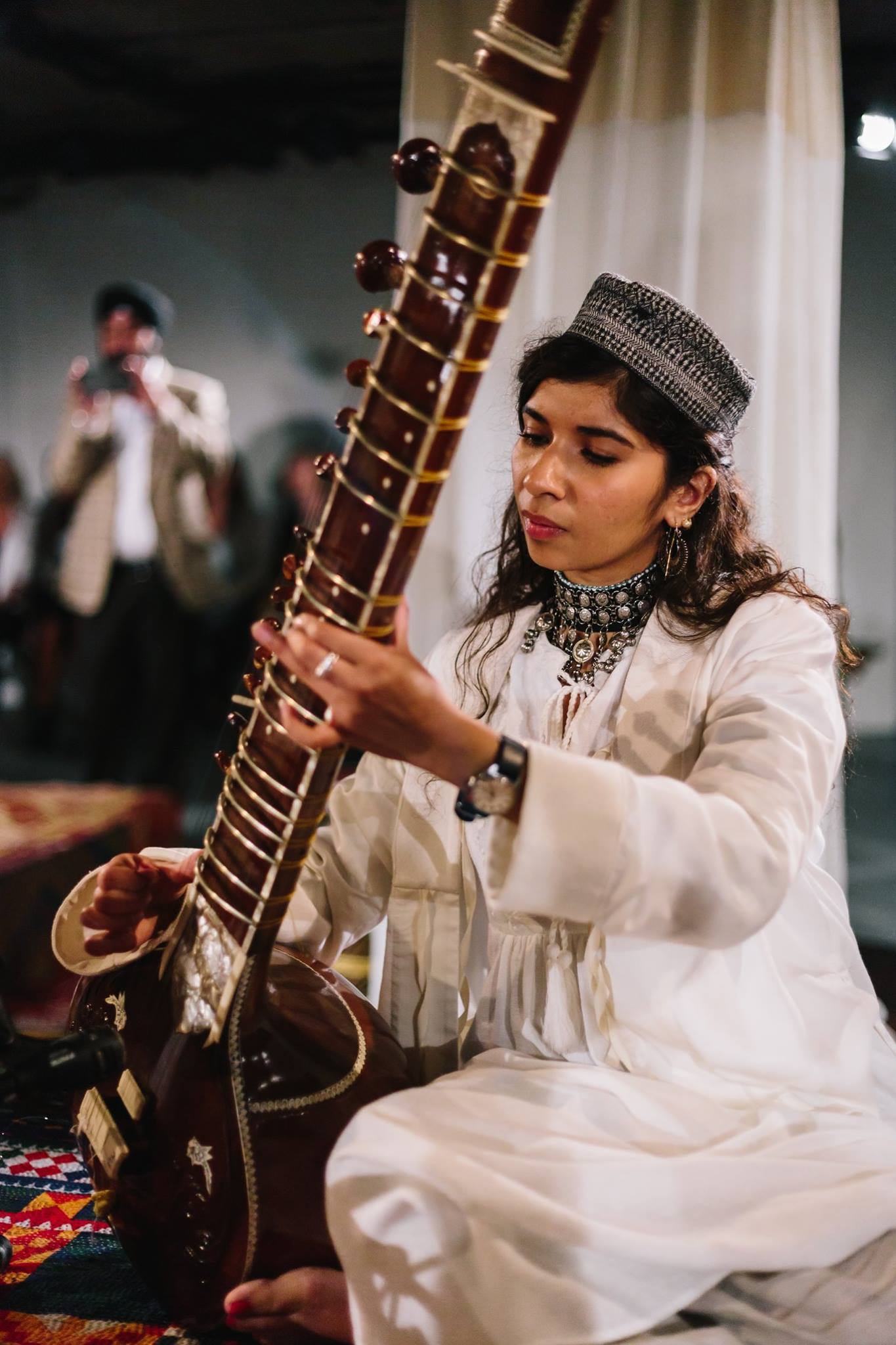
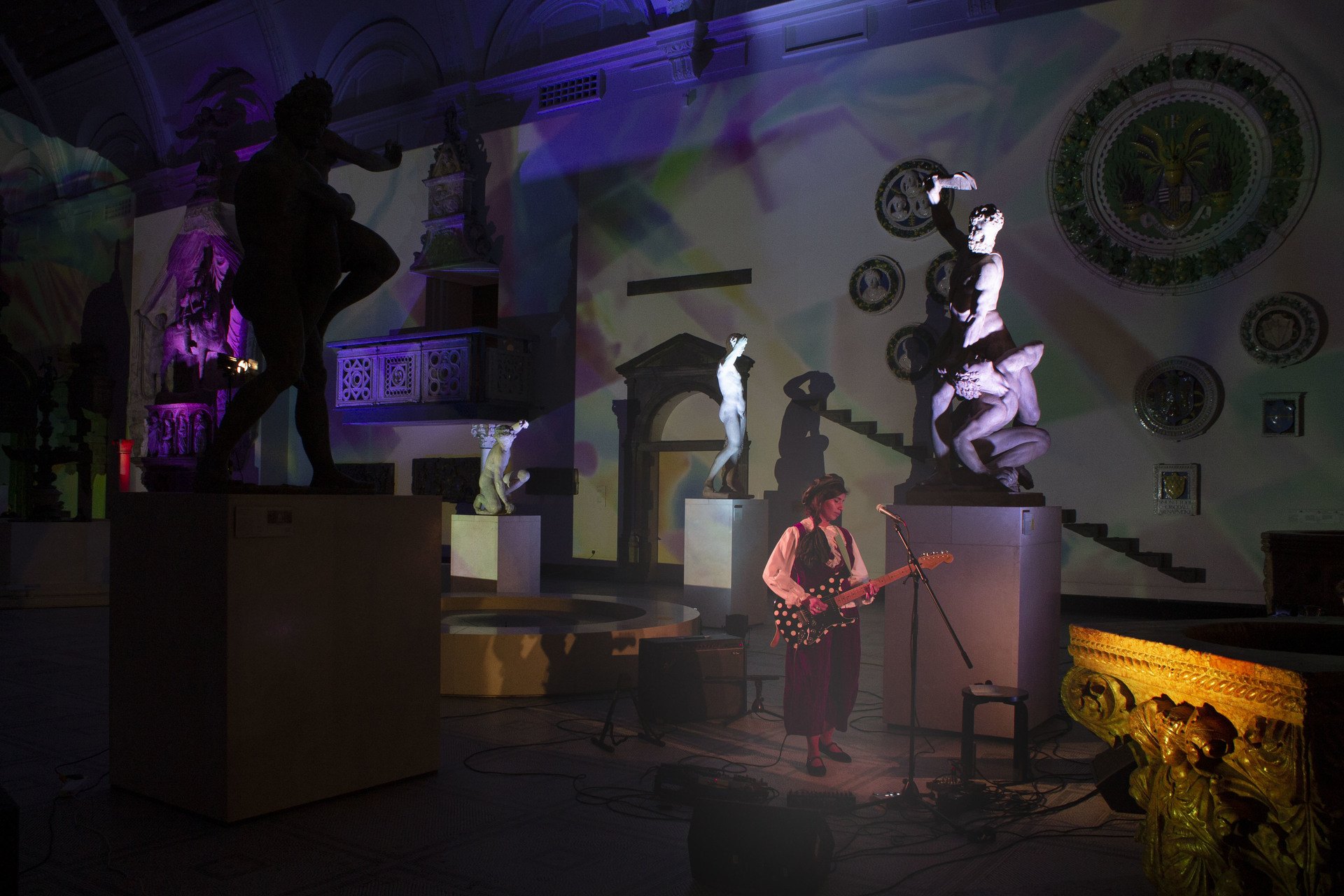
Written by: Holly Beaton
Published: 20 January 2023

